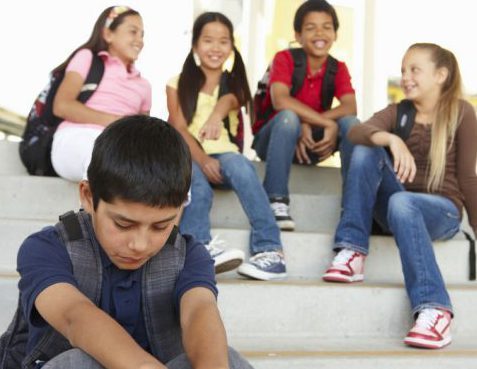A very unique gift for the human beings is the brain. The scientists all over the world are still amazed with and the functions that it can perform. Apart from numerous voluntary and involuntary functions of the human body that is controlled and conducted with the brain; one of the most important functions are ‘memory’ and ‘concentration’. We have been successful to invent computers however we have not been to understand how this small part of our body is able to store so much of information, and by the way scientists have mentioned through many researches that all together a human use only 10 % of the total capacity of the brain during their lifetime. So let us understand what is memory then which will enable us to improve the utilization of this most mysterious and amazing part of our body.
In a layman’s understanding memory is something which we are able to recall from our mind. But technically the word memory means a process of 3Rs (Reception, Retention, Recall). Reception means to take information in, Retention means to hold the information in and Recall means to bring back the retained information out. Among the 2 steps of this process if any other step has a challenge, then memory cannot function. If reception has problem, then retention and recall cannot be done. If reception is good and retention does not happen then also information cannot be recalled. if we are organized and structured with the information in our mind then our memory works better but if the details are not organized then we face challenges.
Concentration is when we are putting our mind to the task that we are doing. Many a times we are doing a task and our brain is somewhere else. Students are sitting physically in class but their mind is elsewhere and their concentration is not there. So totally being on the task that you are performing is called concentration. A lot of people confuse concentration with attention. Attention span is actually nothing but the stretch of time for which concentration is there. We are very observant but if we do not pay attention then we say many times we forgot, we don’t remember, or we don’t know. That means that we were not mindfully present there.
Mindfulness is a very good activity for improving concentration. And nowadays, mindful meditation is taught to even young children. So young children can be very attentive, and they can be focused on present. Sometimes we say, just sit still close your eyes.
Look at you’re breathing. Listen, focus on the sounds around. These are some activities which will help children to concentrate. And I think in a day multiple times, and adults can focus on doing these kind of things which can help children.
Cognitive training which in brain-based training, which will help to improve concentration.
Three R. So, all the three R is we have to improve our reception. We have to improve our retention, and we have to improve our Recall.
In Visualization we are training the person to see a mental image. You are able to visualize it. So, whatever you’re reading, or whatever you’re studying or whatever, you’re trying to memorize, you actually make a mental picture of it. The minute this picture is created, however colorful. However, interesting. However, Moving and absurdities, it will be nice because all strange things we remember. So, we teach them how to make multiple pictures at your mind’s eye, and then you are able to recall them better. Now, linking is like chaining is putting it together. So, like a chain one concept to another concept to another concept. So the minute you are able to recall the first one, the Whole chain is recalled because it is connected. So beautiful level, clusterization.
Clustering is grouping, putting them under groups. When we talk about clustering, if suppose there is a list of items a person has to recall, we call it the Kim’s game as well. We play it in the camps and children, love it. So, say, for example, there’s some stationery items. There are some animals, there’s some fruits and some vegetables, and there’s some utility items and everything Put together. You have about 25 items, and you ask your children to remember them, and then you expect them to recall. So, it’s been noticed that if you ask them to recall, they’re not able to recall more than 7 to 10. Research show if we bring together under one or other category, then it is easy to recall as compared to various situation.








